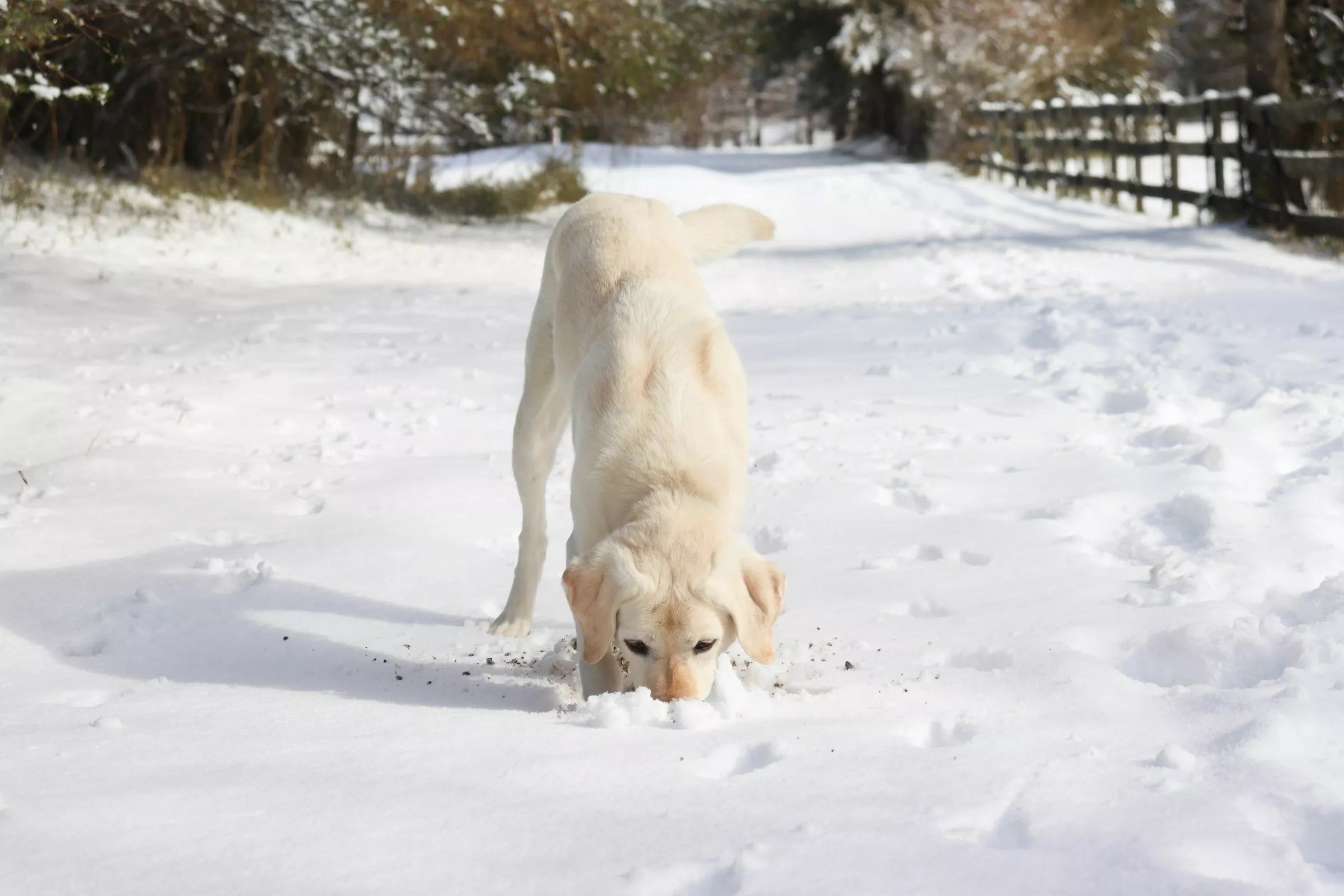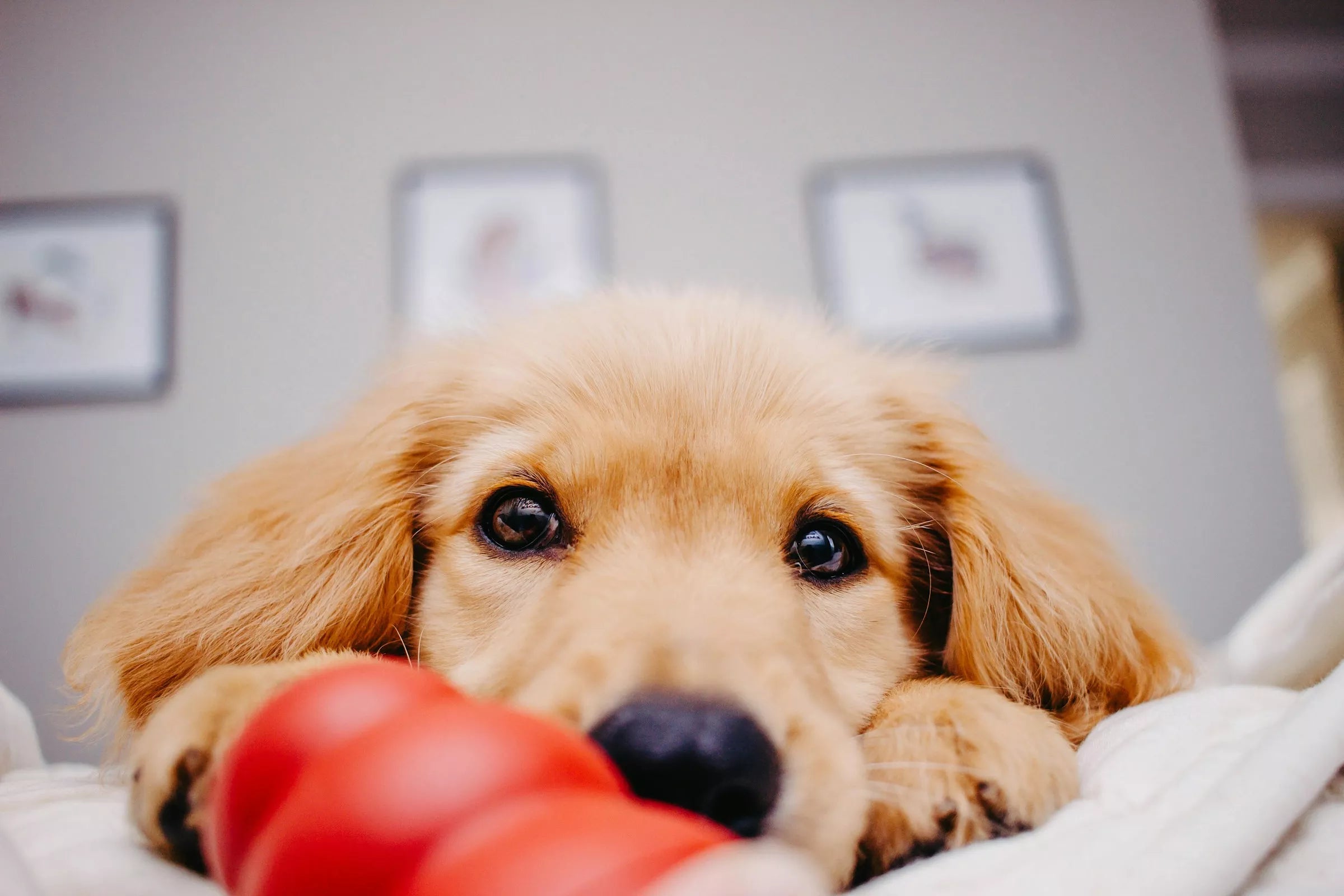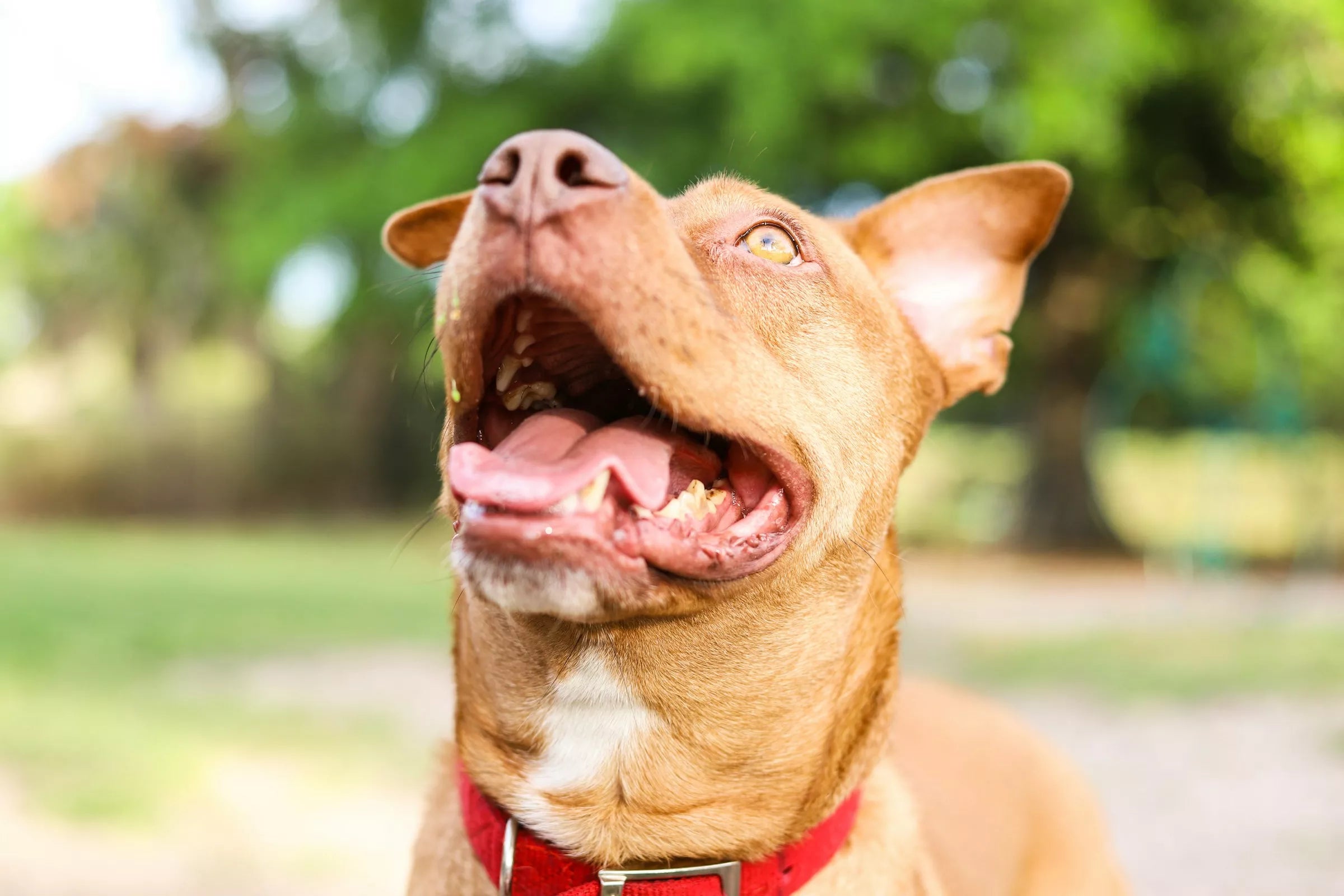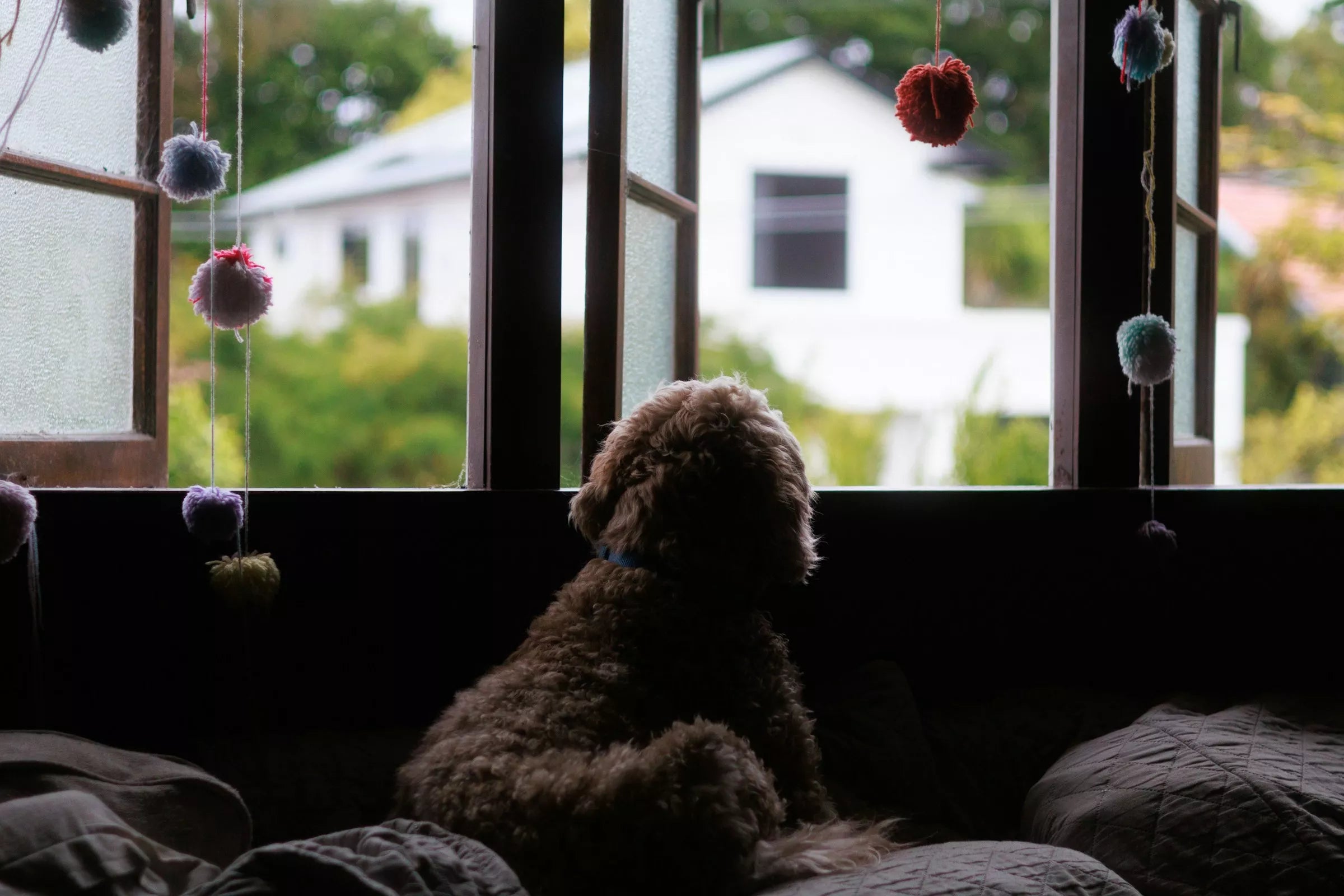Jump to Section
- Why Dogs Scoot
- Common Causes Of Scooting
- When To See The Vet
- How To Help At Home
- Prevention Tips
- FAQ
Why Dogs Scoot
When a dog drags their rear across the floor, it’s usually to relieve itching, discomfort, or irritation around the anus. While it might seem like quirky behaviour, it’s often a sign that something needs attention — especially if it happens frequently.
Common Causes Of Scooting

- Impacted anal glands – The most common reason. These small scent glands can become full or infected, causing pressure and discomfort.
- Allergies – Food or environmental allergies can lead to itchy skin, including around the rear.
- Parasites – Worms or fleas may cause irritation, especially in puppies or dogs with inconsistent deworming schedules.
- Matting – Long-haired dogs may get fur mats around the anus, pulling on the skin or trapping faeces.
- Infections or wounds – Bacterial infections or minor injuries near the anus can trigger scooting as dogs try to relieve discomfort.
When To See The Vet
If scooting is persistent, accompanied by licking, bleeding, a foul odour, or signs of pain — it’s time to see the vet. They can express anal glands, check for parasites, and rule out more serious conditions like tumours or abscesses.
How To Help At Home

- Check and clean – Inspect the area for signs of matting or stuck debris. Use pet-safe wipes or trim long fur carefully.
- Fibre boost – Adding fibre to your dog’s diet (like canned pumpkin or a vet-approved supplement) can help with anal gland expression.
- Keep them parasite-free – Stay on top of deworming and flea treatments.
- Monitor their poop – Soft or inconsistent stools can lead to anal gland issues. Healthy poos = healthy glands.
Prevention Tips
- Feed a balanced, high-quality diet
- Schedule regular grooming and rear-end trims
- Maintain a healthy weight (overweight dogs are more prone to gland issues)
- Request anal gland checks during routine vet visits
FAQ
Is scooting always caused by anal glands?
Not always. While impacted glands are the most common cause, scooting can also be triggered by allergies, parasites, or irritation from grooming products or diet.
Can I express my dog’s anal glands at home?
It’s possible but not always advisable. If you’re not experienced, you could hurt your dog or cause infection. Ask your vet for guidance first.
How often should anal glands be expressed?
Some dogs never need it, while others require it every few weeks. If your dog frequently scoots or shows signs of discomfort, they may need regular expression.
What dog breeds are more prone to scooting?
Small breeds like Chihuahuas, Toy Poodles, and Shih Tzus are more likely to experience anal gland problems, which can lead to scooting.
Can a change in diet stop scooting?
Yes, in some cases. A high-fibre diet helps form firmer stools, naturally expressing the glands during bowel movements. Always check with your vet first.
Does scooting mean my dog has worms?
It can. Tapeworms are a common culprit, and scooting may be your first clue. A vet can confirm with a stool sample.
Can grooming cause scooting?
Yes. If your dog’s rear was clipped too close or irritated during grooming, they may scoot to relieve the itch.
Is scooting painful for dogs?
It can be. If they’re scooting due to full glands, infection, or injury, it’s likely uncomfortable and warrants a vet visit.
Are there supplements that help prevent scooting?
Yes. Fibre supplements, probiotics, and omega-3s may help with gut health and anal gland function. Choose dog-specific options, ideally recommended by your vet.
Can puppies scoot too?
Absolutely. Puppies may scoot due to worms, allergies, or simple itchiness. It’s important to rule out medical causes early on.















Share:
What Vaccines Does My Dog Need?
7 Best Harnesses for Large Dogs